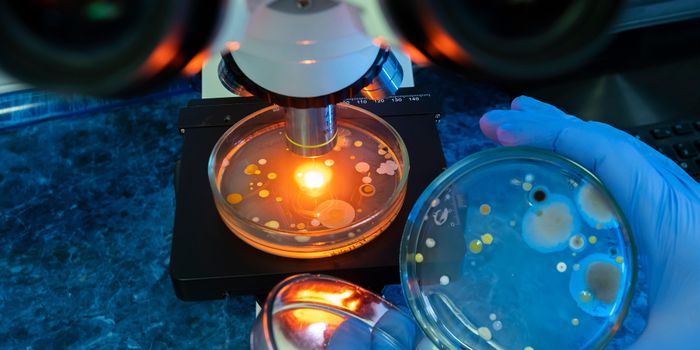Flavanol-rich Foods Protect Heart from Stress
Drinking hot cocoa is comforting on cold winter nights, and new research from the University of Birmingham shows that it may also protect the heart during stressful times. According to the study, mental stress increases the risk of cardiovascular stress and disrupts regular cardiovascular functions by negatively impacting blood vessel function. Because of the high prevalence of mental stress in today’s society, the researchers aimed to evaluate if flavanol-rich foods could counteract the effect of stress on vascular function. The results of this study were published in Nutrients last week.
The study reports that within the past 25 years, research has shown that high intake of flavonoids—which are present in most fruits and vegetables—have significant associations with lower cardiovascular disease mortality. Flavanols—a subgroup of flavonoids explicitly found in cocoa, berries, grapes, apples, and tea—improve vessel function within one to three hours of consumption. The researchers evaluated their theory using flavanol-rich cocoa and examined their impact on vascular function following mental stress.
The University of Birmingham reports that in the randomized study, a group of 30 healthy male participants drank a high-flavanol cocoa beverage, and 90-minutes later, they were asked to complete an eight-minute mental stress task. Before and during the task, researchers measured forearm blood flow and cardiovascular activity in addition to assessing blood vessel function. Results show that blood vessel function was less impaired and that blood flow improved in the groups that drank the high-flavanol cocoa.
Dr. Catarina Rendeiro—lead author and lecturer of nutritional sciences at the university’s School of Sport, Exercise, and Rehabilitation Sciences—stated, “By utilizing the known cardiovascular benefits of these compounds during acute vascular vulnerability, we can offer improved guidance to people about how to make the most of their dietary choices during stressful periods.”
The study concludes that although benefits in reducing blood pressure were not observed, future research should examine whether “continued chronic” flavanol intake could reduce blood pressure. For everyday diet recommendations, the study recommends the consumption of flavanol-rich foods such as apples, black grapes, blackberries, cherries, raspberries, pears, green tea, unprocessed cocoa, and red wine.
Sources: Nutrients, University of Birmingham










